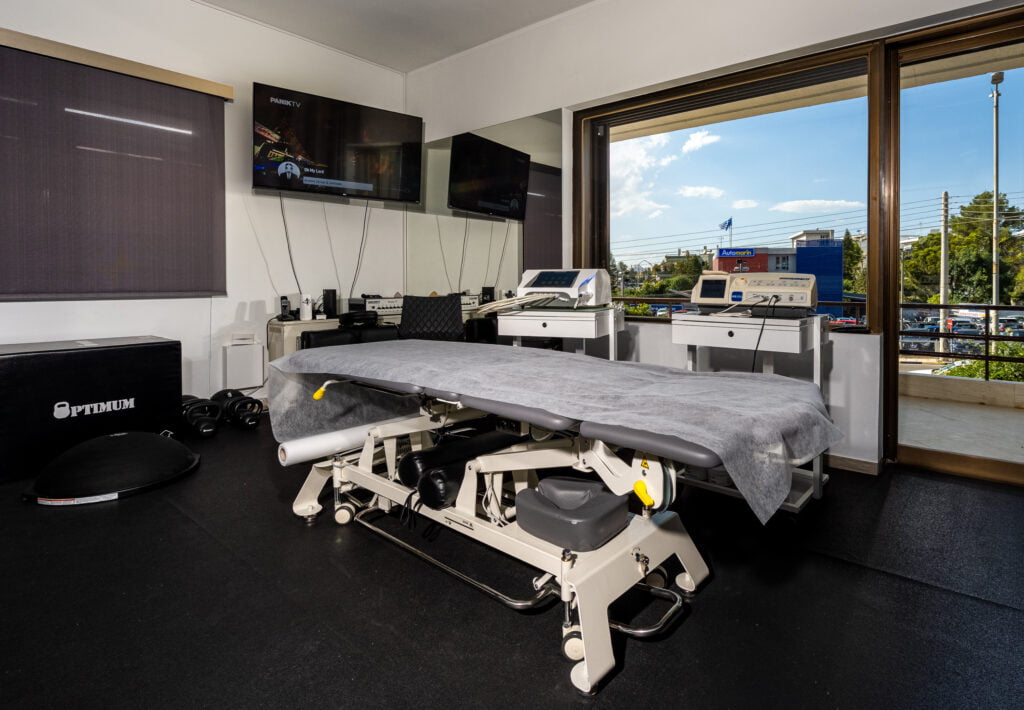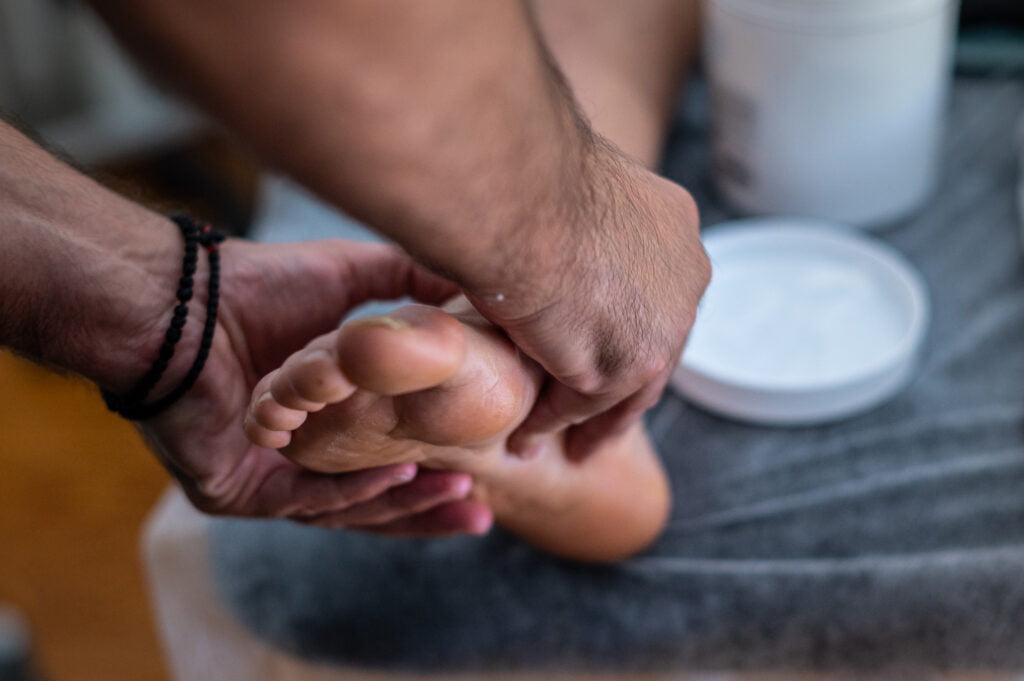Kinesiology, derived from the Greek words “kinesis” (movement) and “logos” (study), is the scientific study of human body movement. It integrates principles of anatomy, biomechanics, physiology, and movement learning to both prevent and treat physical conditions. Kinesiology employs muscle monitoring (biofeedback) to detect imbalances related to stress, nutrition, or minor injuries, aiming to correct these imbalances and promote overall health.

Optimizes Movement
Enhances physical performance through tailored movement strategies.
Prevents Injuries
Identifies and addresses potential issues before they become serious.
Holistic Approach
Focuses on overall well-being by considering the body as a whole
Kinesiology is recognized as a legitimate scientific discipline that addresses various physiological, anatomical, biomechanical, pathological, and neuropsychological principles and mechanisms of movement. It is widely used for therapeutic purposes, although it is not a diagnostic tool for medical disorders.





